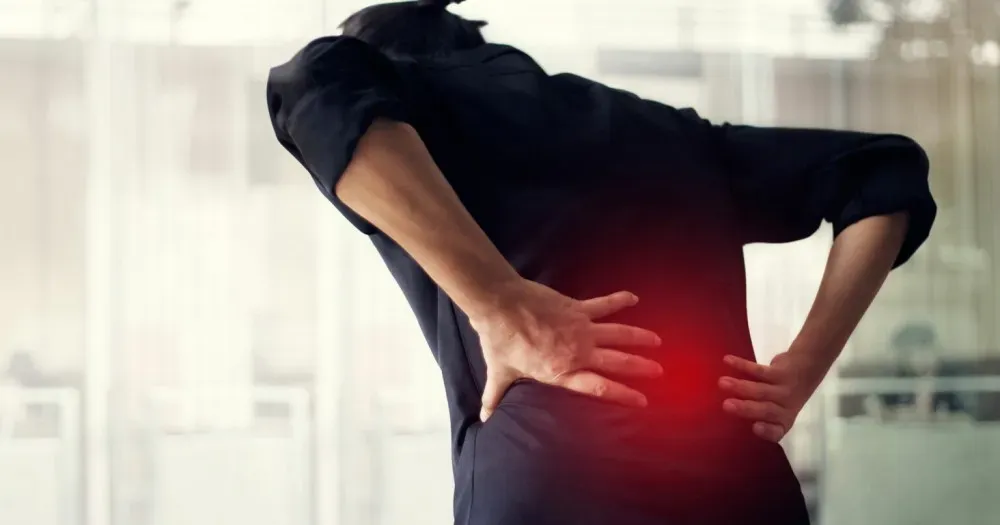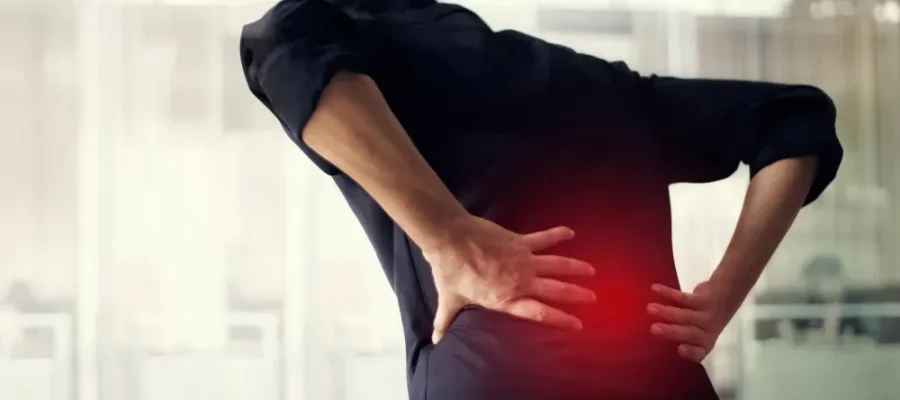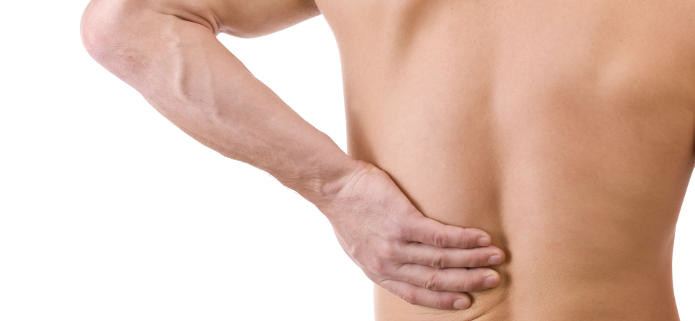Back pain has a way of creeping up on you. One day you’re lifting a box like it’s nothing, and the next, you’re halfway upright, wincing in surprise. For many men over 45, back pain doesn’t arrive with a bang but with a gradual murmur that turns into a constant hum. It’s not just inconvenient—it changes the way you live.

Take Andrew, a 52-year-old carpenter who’s been on his feet most of his life. He remembers the first time he felt that tight knot in his lower back after a long day. “I thought I’d just overdone it,” he says. “Figured a hot bath and a couple of beers would sort it out.” But it didn’t. It lingered, worsened, and began to interfere with sleep, movement, and even mood.
Lower back pain is, by far, the most common complaint among men in this age group. Often, it’s related to something as simple—and as stubborn—as age-related disc degeneration. The soft cushions between the vertebrae dry out over time, losing their ability to absorb shock. What was once a minor twist or strain now becomes a trigger for days of discomfort.
Then there’s sciatica, a term many men don’t recognise until they’ve had it. Paul, 58, describes it as a “lightning bolt” shooting down the back of his leg. In his case, it came on suddenly after a particularly enthusiastic game of backyard cricket with his sons. What he didn’t realise was that years of sitting at a desk, with poor posture and little stretching, had set the stage. One wrong movement, and the sciatic nerve—pinched by a herniated disc—made itself known.
Another frequent culprit is spinal stenosis, a narrowing of the spaces within the spine, often due to arthritis. It’s a condition that creeps in with time, gradually causing numbness or weakness in the legs. Men like Malcolm, 64, notice that walking longer distances becomes more difficult—not because they’re out of breath, but because their legs begin to feel heavy and uncooperative. “I thought it was just age,” he says. “But it was more than that. My spine was literally squeezing my nerves.”
These stories are common, but the causes are as diverse as the men themselves. Years of hard physical work, like Andrew’s, can take a toll on the musculoskeletal system. But so can sedentary habits. It’s not always the physically active who end up with the worst backs—desk-bound men with weak core muscles and poor ergonomics are just as vulnerable.
Weight gain is another contributor, especially when it creeps on slowly over the years. That extra belly weight pulls the spine forward, altering posture and increasing the stress on spinal joints and discs. Factor in a tendency to become less physically active with age, and it’s easy to see how back pain becomes a chronic condition.
What’s perhaps most frustrating for many men is the way back pain chips away at their independence and self-image. It’s not just pain—it’s the inability to carry the groceries, wrestle with the grandkids, or work in the garden. It’s having to ask for help. And for many, that’s harder to accept than the discomfort itself.
But while back pain is common, it isn’t inevitable. Movement, stretching, strength training, and posture awareness all play a role in prevention and relief. The key is noticing the pain early and responding with more than a shrug and a painkiller. Because once back pain becomes a companion, it’s not easily shown the door.

Karen is a health blog author who has been writing about healthy living since 2013. She started her journey by adopting a vegan diet and eating only organic foods, but the more she learned, the more she realized that we should all be eating plant-based diets exclusively. As an expert in nutrition and wellness, Karen blogs to educate readers on how they can live happier and healthier lives through food choices!



